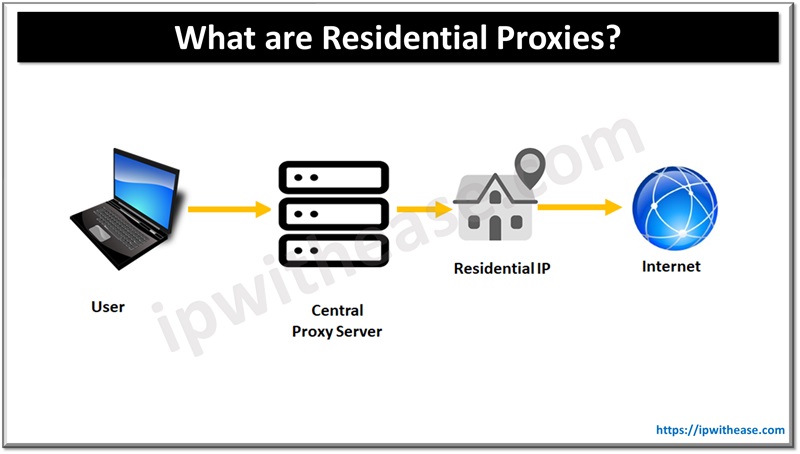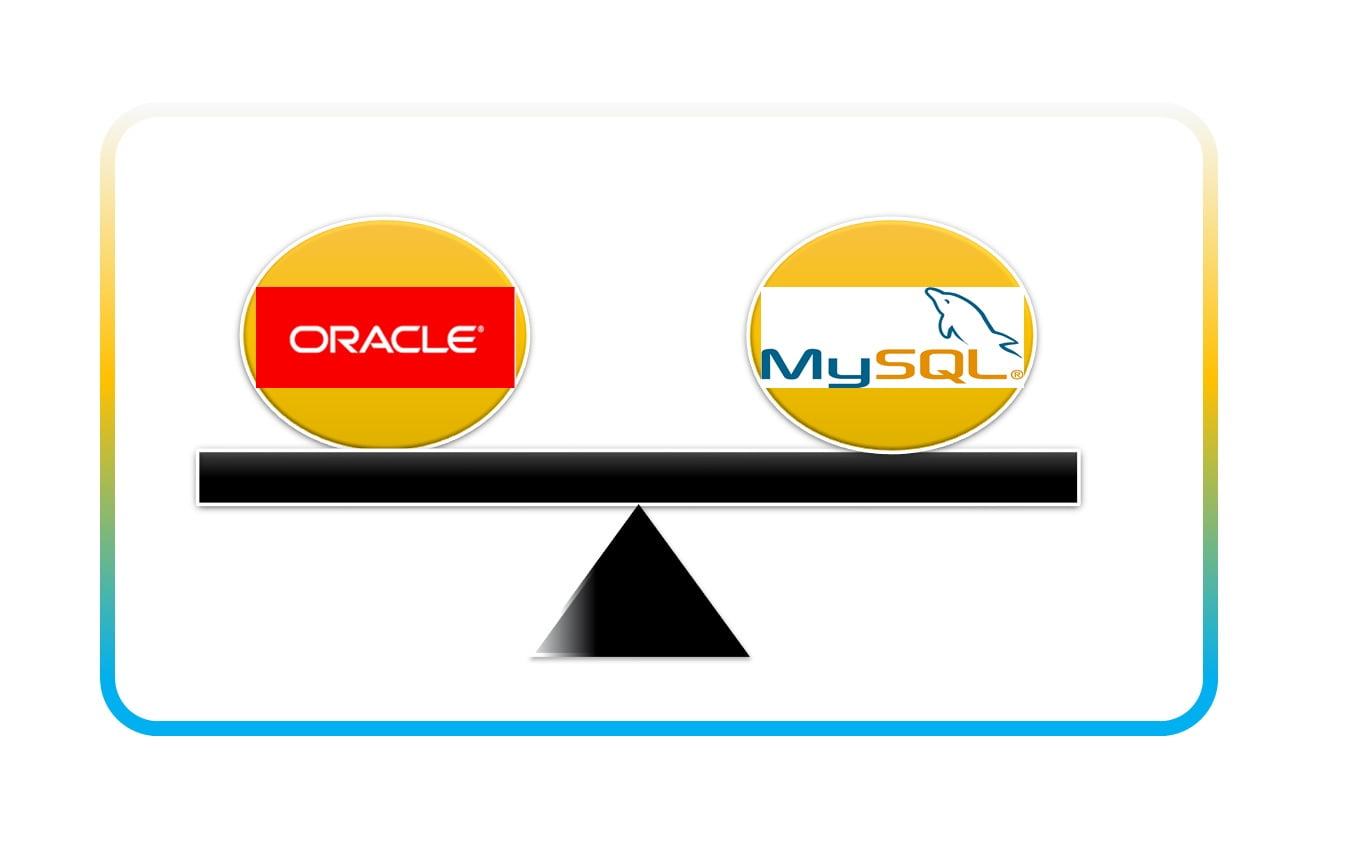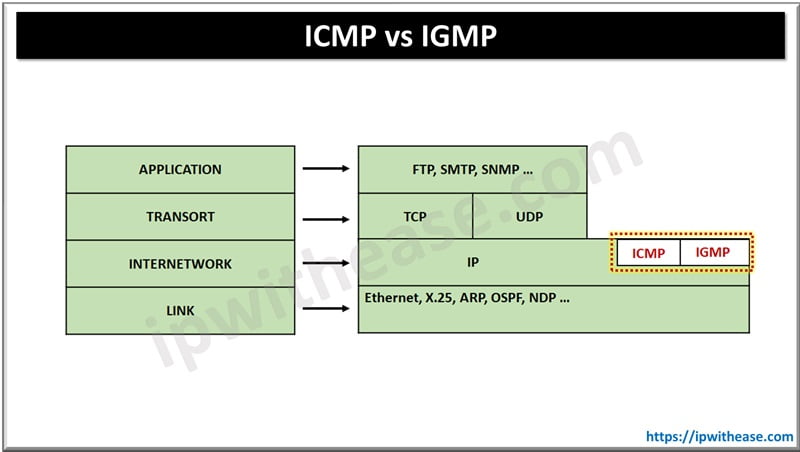Most purchasing decisions aren’t risky, and we can make them in haste. But when it comes to online privacy and data gathering, extra care is needed. A bad decision might not only make some tasks impossible or ineffective, but it may also compromise your security.
This guide is all about residential proxies – their benefits, differences from other types of privacy measures, best use cases, and how to choose the provider.
What are Residential Proxies?
You can think of a residential proxy as a mediator that uses a physical device and location to hide your identity from the internet. Every request to connect online first has to reach the proxy, which uses its own IP address to further the request to a website.
Your original IP address is hidden, and the website cannot identify your device or pinpoint your location. Instead, the website server identifies the residential proxy as the sole requester.
Of course, other proxy types, such as a datacenter proxy, can achieve the same effect and ensure your privacy. But datacenter proxies do not have their IP address tied to a location, and a device.
Residential proxies, on the other hand, use only ordinary internet connections verified by the local internet service provider (ISP).
Datacenter proxies are created in bulk at large data centers, which makes their IP addresses recognizable by the websites. The same applies to VPNs, as their IPs often originate from data centers too.

Benefits of Residential Proxies
- In essence, residential proxies are the most legitimate way to hide your IP address. Websites have the most difficulty noticing that you are using a proxy as your IP address is verified by the local ISP.
- The uniqueness of the IP address is strengthened even more because of the physical device used. A computer or a mobile device must be used to create a residential or mobile IP address. It adds yet another layer of uniqueness for proxies.
- Accurate location targeting – since the IP is tied to a physical device, you can target not just countries but states, cities, and, in some cases, even specific neighborhoods. No other privacy measure has such location targeting and legitimacy in one package.
Drawbacks of Residential Proxies
- The superior legitimacy and location targeting come with a higher price tag. Since there must be a physical device functioning and a local ISP verifying the IP address, residential proxies are the most expensive proxy type.
- Some providers try to lower the prices by sourcing their residential IP addresses without the owner’s consent or by tricking them in some unethical way. These practices might also be considered a drawback of residential proxies if you choose an untrustworthy provider.
- A bad provider may also have significantly lower speeds for residential proxies. While these proxies are, on average, slower than datacenter ones, the difference isn’t very significant with a good provider, especially if you don’t use residential proxies for extremely data-heavy tasks.
Where Residential Proxies are used?
Web scraping is an automated process of gathering data from the internet with bots (often called scraper bots). Web scraping software can send thousands of requests per second to a website to gather data. Often, it leads to the website blocking the connection for a particular IP address.
Datacenter proxies are more common for web scraping tasks where a large amount of data is needed quickly. However, some websites tend to ban datacenter IP addresses, so despite their speed, data scraping takes a long or is not possible at all.
Residential proxies are better in these scenarios since their IP addresses resemble a common user more, allowing your web scraper to collect the needed data. Residential IP addresses are used frequently for market research purposes, as competitors or e-commerce shops tend to ban datacenter IPs quite aggressively.
Another related use case is social media management with automated software that improves efficiency and allows to use multiple accounts at once. Such software is forbidden by social media websites. So, a separate IP address is needed for each account to avoid breaking the terms and conditions.
As websites like LinkedIn or Facebook do not allow datacenter proxies, performing tasks with them on these platforms is impossible. It is crucial for businesses that must manage multiple social media accounts.
Many businesses operate in multiple countries. They must set up their social presence in different geographical locations. It would run against the terms and conditions of social media websites to use one IP address. Companies need to use different IP addresses from the needed countries to access their accounts.
Bypassing geo-restrictions is a separate use case of residential proxies in its own right. It allows you to access various data (pricing, websites, streaming options, etc.) restricted only to a certain location.
How to choose a provider?
If you already know where you will use a residential proxy, you should start looking for a trusted provider. These are the factors that I recommend looking into when choosing a residential proxy provider:
- Ethical approach. Not all providers source their residential IP addresses with the full consent of owners. It might be problematic not just because of the moral implications but legally too.
- The size of the IP pool. While you are unlikely to rotate residential proxies often, it is still important to have the possibility to do so in need.
- Ease of integration. A good provider will have a responsive and helpful support team as well as guides on how to integrate their proxies with software for your use case.
- Consistent speed. Downtimes or fluctuations in performance can kill your project. Be sure to test the provider and read some reviews before committing.
Conclusion
Of course, there is more to know about residential proxies, but most of the knowledge needed to use one depends on your use case. The basics I covered here are more than enough to start using residential proxies for a simple project that can grow in size and complexity quite fast.
Continue Reading:
Understanding the Different Types of Proxies
ABOUT THE AUTHOR
IPwithease is aimed at sharing knowledge across varied domains like Network, Security, Virtualization, Software, Wireless, etc.



